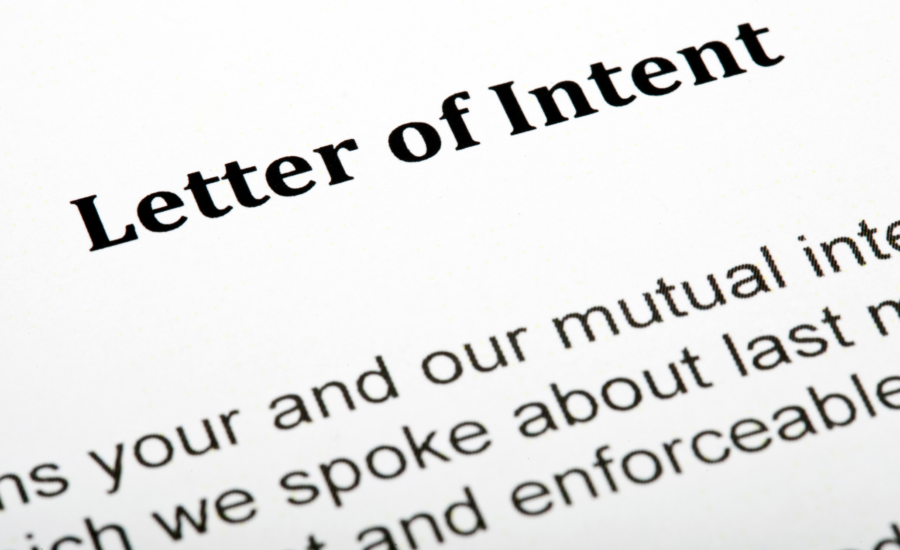It is common sense that a business is worth more than its tangible assets, but appraising that extra, invisible value can be tricky. Elements such as reputation, customer base, existing networks, and brand recognition all contribute to the value of a business without ever showing up on the balance sheets. When a business is bought and transitioned, those nebulous, intangible assets are lumped together as something called “goodwill.” And, ironically, goodwill is often one of the largest components involved when calculating a business’s final market value.
According to AccountingCoach.com, “…goodwill is the cost to purchase the business minus the fair market value of the tangible assets, the intangible assets that can be identified, and the liabilities obtained in the purchase.” When goodwill trades hands, business owners are essentially selling their expended efforts, while prospective entrepreneurs are paying a premium for future profits.
Thus, the value of goodwill can be ascertained by looking at how easily, or difficult, the transition of goodwill from seller to buyer will be. For private practices dependent on their practitioner (for example: a solo lawyer, doctor, or accountant), this means there is significant worth in a facilitated and efficient transition. That is, there is value in making sure potential goodwill isn’t lost when the original practitioner steps down. To put it simply: the smoother the transition, the higher the goodwill’s value.
Like most businesses, several components of a private practice’s goodwill transition automatically, such as benefits earned from previous and ongoing advertisements, and business-owned copyrights and trademarks. For those items that do not, such as brand loyalty, there are many options available to make a successful transfer of goodwill more likely, such as non-compete agreements; chaperoned or otherwise directed introductions; the seller taking on a business development role, and a period of mentorship whereby the buyer learns the ‘secret recipe’ for success. These stepping-stones should be laid out precisely and accurately in the purchase and sale agreement. Vagueness leaves both the buyer and the seller vulnerable to misunderstandings, can disrupt business functions, and, ultimately, diminish the goodwill.
For small business owners in the market to sell, what this all means is that your business is possibly worth far more than you may initially suspect. You have cultivated the goodwill of your business for years. You have painstakingly built up a stellar reputation that has market value. Acknowledge that hard work, and do not undersell your efforts. At the same time, you must accept that selling means passing the torch, not dropping or fumbling it. Properly handling the shift of not just your tangible business assets, but your intangible business assets as well, including goodwill, is both critical and potentially very profitable.



.png)
.png)

